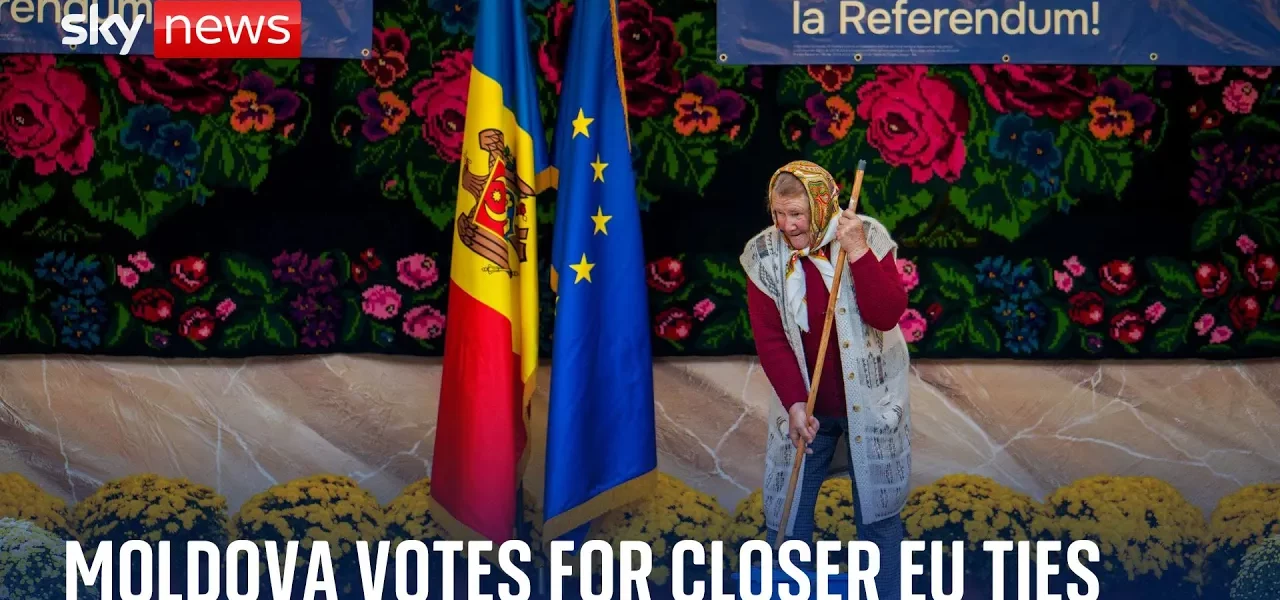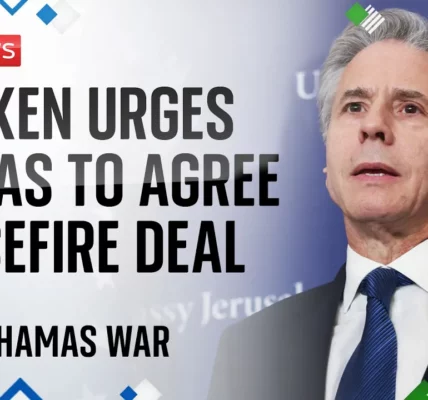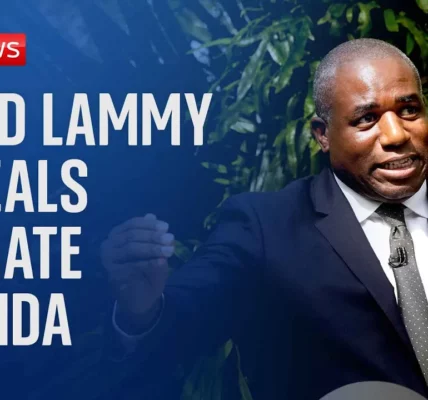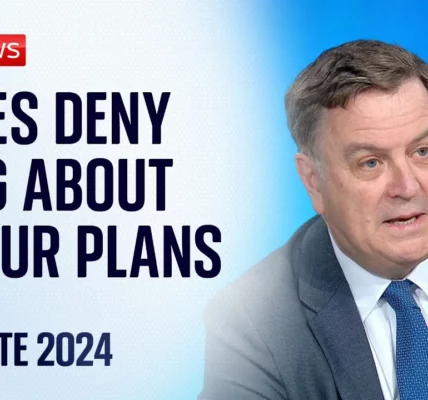The Morning After the Night Before in Moldova: Politics and the EU Referendum

This article delves into the complex political landscape in Moldova following the recent referendum on European Union membership, highlighting key events, public sentiment, and the implications of foreign interference in democratic processes.
Introduction
The political situation in Moldova has become increasingly tumultuous, particularly following a recent referendum on the country’s potential membership in the European Union. As tensions rise, the question remains: what does this mean for Moldova’s future? This article examines the various dimensions of the referendum, including the implications of Russian meddling, the polarized public opinion, and the potential consequences for democracy in the region.
The Referendum and Its Context
The referendum held in Moldova was a pivotal moment, reflecting the country’s aspirations and fears regarding its relationship with the European Union. Several factors contributed to the heated atmosphere surrounding the vote:
- Historical ties to Russia
- The desire for closer integration with Europe
- Allegations of foreign interference
Moldova’s journey toward EU integration has been fraught with challenges, and this recent referendum was expected to provide clarity on the nation’s path forward. However, the results have only deepened existing divisions.
Public Sentiment on the EU Membership
The Moldovan public is deeply divided regarding EU membership. This division was starkly illustrated during the referendum, where different regions displayed varying levels of support for closer ties with Europe:
Support for EU Membership
Proponents of EU integration argue that membership would bring significant benefits:
- Economic growth and investment opportunities
- Enhanced democratic governance
- Access to EU markets and trade agreements
Opposition to EU Membership
Conversely, those opposed to EU membership cite concerns such as:
- Loss of cultural identity and autonomy
- Fear of increased political instability
- Influence of foreign powers, particularly Russia
This fragmentation of opinion indicates that the discussion surrounding EU membership is not merely a binary choice but a complex interplay of various interests and identities.
Foreign Interference and Its Impact
One of the most alarming aspects of the recent referendum was the alleged Russian interference. Accusations of foreign meddling have cast a shadow over the integrity of the voting process:
Allegations of Bribery and Disinformation
Reports emerged indicating that pro-Russian groups were involved in attempts to influence voters through:
- Bribery of potential voters
- Spreading disinformation campaigns
These tactics have raised serious concerns about the legitimacy of the referendum and the ability of Moldovan citizens to make informed choices.
Reactions from Political Leaders
Political leaders, including President Maia Sandu, have expressed their concerns about foreign interference. While she did not explicitly name Russia, the implications were clear:
“It’s normal to have people who have different views; what’s not normal is to have a situation where criminal groups are bribing the electorate.”
The Aftermath of the Vote
In the wake of the referendum, Moldova faces a challenging landscape. The results, which were closely contested, have led to uncertainty and fear of potential unrest:
Political Fragmentation
The results revealed a deeply fragmented electorate. Analysts suggest that this fragmentation poses significant risks:
- Increased polarization among the populace
- Difficulty in forming a cohesive national policy
- Potential for civil unrest as various factions vie for power
Moving Forward
As Moldova navigates these turbulent waters, leaders must prioritize unity and healing:
- Encouraging dialogue among differing political factions
- Implementing measures to safeguard against foreign interference
- Promoting civic education to empower voters
Conclusion
The recent referendum in Moldova has not only highlighted the nation’s aspirations towards the European Union but also the complex dynamics of external influence and internal division. As the country moves forward, it is essential for leaders to address these challenges head-on, fostering unity and protecting the democratic process from foreign interference. For more insights on Moldova’s political landscape and its future trajectory, explore our related articles on Moldova’s Political Developments and EU Integration in Eastern Europe.
“`




